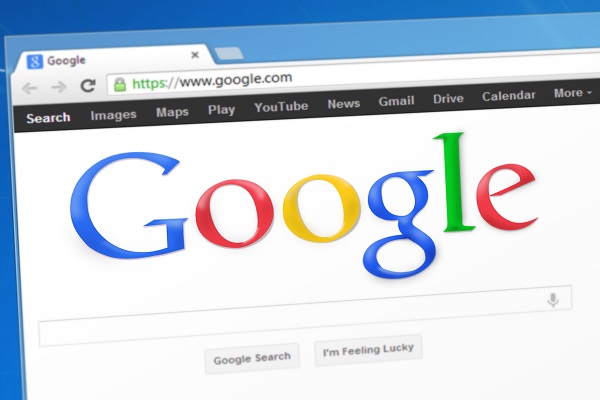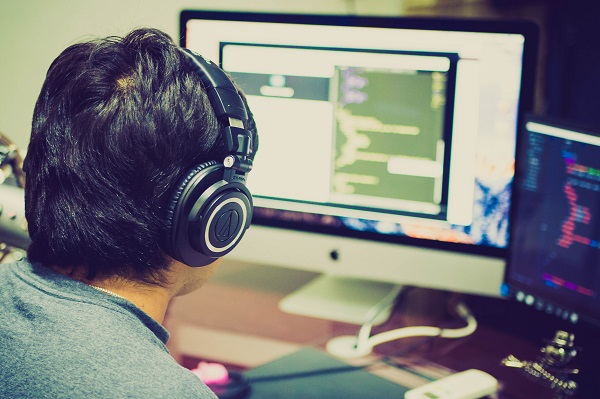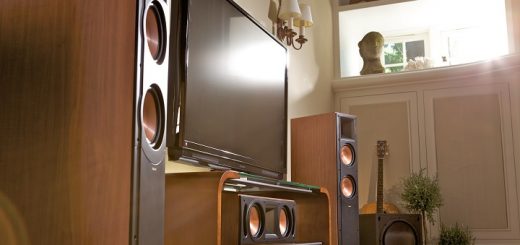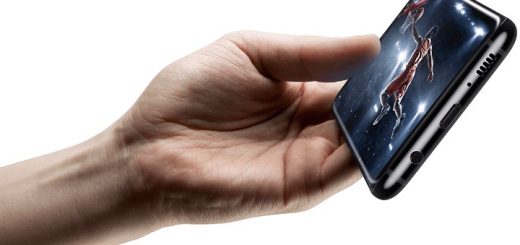Are you struggling with a slow computer? From viruses to deteriorating hard drives, there are many reasons why your device isn’t performing properly. Using a slow computer is frustrating and it can also have a negative impact on your productivity. Do you need to upgrade your computer? Find a wide range of affordable devices for sale on Junk Mail.
1. Deteriorating hard drive

Hard drives are built from moving parts that wear down over time. If you use your computer frequently, the hard drive is likely to start failing after two or three years. As the hard drive deteriorates, it affects the speed of your computer. Solid-state hard drives are a good option as they have a longer lifespan and they’re also faster. The downside is that they come with a higher price tag.
Run a scan of your hard drive to check if deterioration is the cause of your slow computer. You can prevent this issue by ensuring that you protect your hard drive from anything that might damage it.
2. Insufficient hard drive space
The speed of your computer is reduced when there is insufficient space on the hard drive. When your free space drops below 5%, there isn’t enough room to store the temporary files that operating programs need to run.
Check how much space is left on your hard drive to find out if this is the cause of your slow computer. Delete any unnecessary files and run a deep clean on your device to free up extra space. Another option is to use a cloud storage service to store your files.
3. Computer viruses
A virus can have a devastating impact on your computer. It can slow down your device or even cause it to crash completely. Protect your computer by installing reliable antivirus software. If you think your computer already has a virus, you can run a scan to identify the problem and fix it.

4. Blocked vents
Check your computer for blocked vents. Dust can block your computer’s ventilation, which causes it to overheat. As your computer heats up, the chances of it malfunctioning are higher. Clean the dust off the outside of your computer and keep it covered when you aren’t using it to decrease dust build-up in the future.
5. Software programmes
If you’re working on an old computer, you’re likely to have problems with its speed. The latest software programs are designed to run on newer devices, which means that they won’t work as well on your old computer. Outdated hardware struggles to meet the demands of the latest software, which slows your whole system down. Check that your software is compatible with your computer or upgrade your device to enjoy a better performance.
6. Background programmes
When programmes run in the background, it affects the performance of your computer. Start-up programs can also result in your device taking longer to get going when you switch it on. You’ll need to disable the programs that start up automatically if you want to boost the performance of your device. You can use the task manager to check which programmes are running.
7. Browser extensions

While browser extensions can make your web experience better, they can also result in a slow computer. The reason for their impact on your computer’s performance is that they use up processing power. You also need to be wary of which browser extensions you install as they can be disguising adware that generates more pop-up ads that reduce the speed of your device. Check which browser extensions you have installed and remove the ones that are unnecessary.
8. Overactive virus program
An antivirus program is essential for the well-being of your computer. However, these programmes can run virus scans in the background at inconvenient times. You can solve this problem by adjusting the settings so that your virus scans run when you aren’t using your device.
9. Multiple programmes running at the same time
Computers are made for you to multitask but if you run too many programmes at once it can slow you down. Your device’s RAM will determine how many programmes can run efficiently at once. If you’re struggling with a slow computer, use the task manager to close any programmes you don’t need or invest in a device with more RAM.

10. Multiple open browser tabs
Open browser tabs are stored in RAM, which means that it impacts your computer’s performance if you have too many tabs open. Bookmark the essential one and close the browser tabs you aren’t using.
If you’ve done all the necessary checks and you’re still battling with a slow computer, it might be time to upgrade. Find computers for sale on Junk Mail and enjoy great savings.








